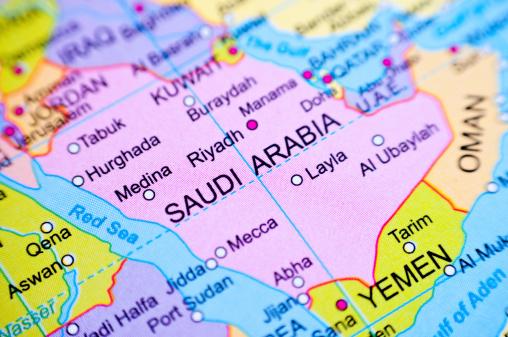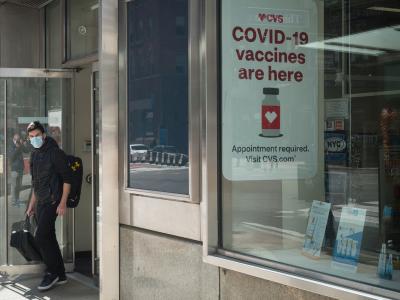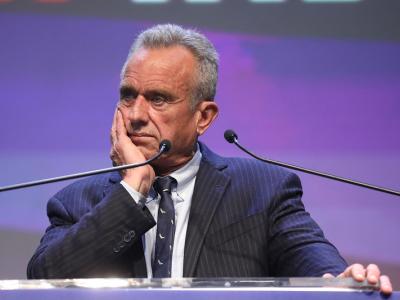Saudi Arabia's health ministry today said tests have confirmed seven more Middle East respiratory syndrome coronavirus (MERS-CoV) infections, as an investigation by a team of experts from the World Health Organization (WHO) moved from Riyadh to Jeddah.
The Saudi Ministry of Health (MOH) said in a statement that four cases are from Riyadh and three are from Jeddah. One patient is asymptomatic, four are hospitalized in stable condition, and two are being treated in intensive care units (ICUs). No deaths were reported among previously reported cases.
All of the patients are adults, ranging in age from 28 to 60. Five of the patients were at the younger age range: three are 28, one is 31, and one is 38. Five of them are women.
None were described as healthcare workers, but four had been in contact with an earlier confirmed MERS-CoV case-patient. No connections to camels or animal environments were noted for any of the people.
Illness onsets were listed for five patients, with dates ranging from Apr 1 to Apr 24. Hospitalization dates, listed for six of them, range from Apr 22 to Apr 28.
Today's cases lift Saudi Arabia's MERS total to 378 cases, which includes 107 deaths.
WHO in Jeddah
Meanwhile, the WHO today said that an expert team that has been in the country since earlier this week to help Saudi Arabia investigate a dramatic spike in MERS infections started a 2-day mission in Jeddah yesterday.
The team had begun its work in Riyadh, one of two outbreak hot spots. Both high-activity areas seem to be driven by exposures in hospitals, with dozens of health workers among the infected patients.
Since the middle of March, 111 cases, 31 of them fatal, have been detected in the Jeddah area, the biggest increase in cases since the virus was first detected in April 2012, the WHO said in a feature story.
The bulk of the cases occurred in health facilities, and the WHO experts are analyzing transmission patterns in the city's main hospitals.
Jaouad Mahjour, MD, MPH, who is leading the WHO team, said in the statement that the group is exploring possible infection routes and whether the virus has changed its ability to more easily infect people. "But we know that the systematic application of basic infection prevention and control measures in health facilities is key to limiting transmission and protecting health-care workers and other patients," he added.
Health facilities stepped up their testing of patients, close contacts, and health workers after the first cases were confirmed, and one third of the recently confirmed cases involve health workers who were asymptomatic or had only mild symptoms, the WHO said.
Mahjour said understanding how the virus transmits from camels or the environment to people is the key to curbing the outbreak. "There is an urgent need to conduct an in-depth epidemiological study of known cases to get this knowledge."
Call for collaboration
In another development today, an international group of disease experts, including David Heymann, MD, who spearheaded much of the global response 11 years ago to SARS (severe acute respiratory syndrome; also caused by a coronavirus), called for strengthened global collaboration in the wake of the MERS-CoV outbreak.
The experts said that the collaboration that quickly led to the identification of SARS virus in 2003 has not been seen recently. Heymann is a professor of infectious disease epidemiology at the London School of Hygiene and Tropical Medicine.
Though International Health Regulations (IHRs) require nations to share timely information about public health events of international concern, they don't offer guidance about issues such as research collaboration. The authors said the public health and research communities need to design and adopt a global agreement for rapid, effective collaborative investigations of emerging public health threats.
"Enhancement of the IHRs in this way would clearly define international expectations about how essential public health data and products that emerge should be managed, shared, and owned," they wrote. The team also included scientists from the United States and the Saudi MOH and another researcher from the United Kingdom.
See also:
May 2 Saudi Arabia health ministry statement
May 2 WHO feature story
May 2 Lancet Respir Med extract





















